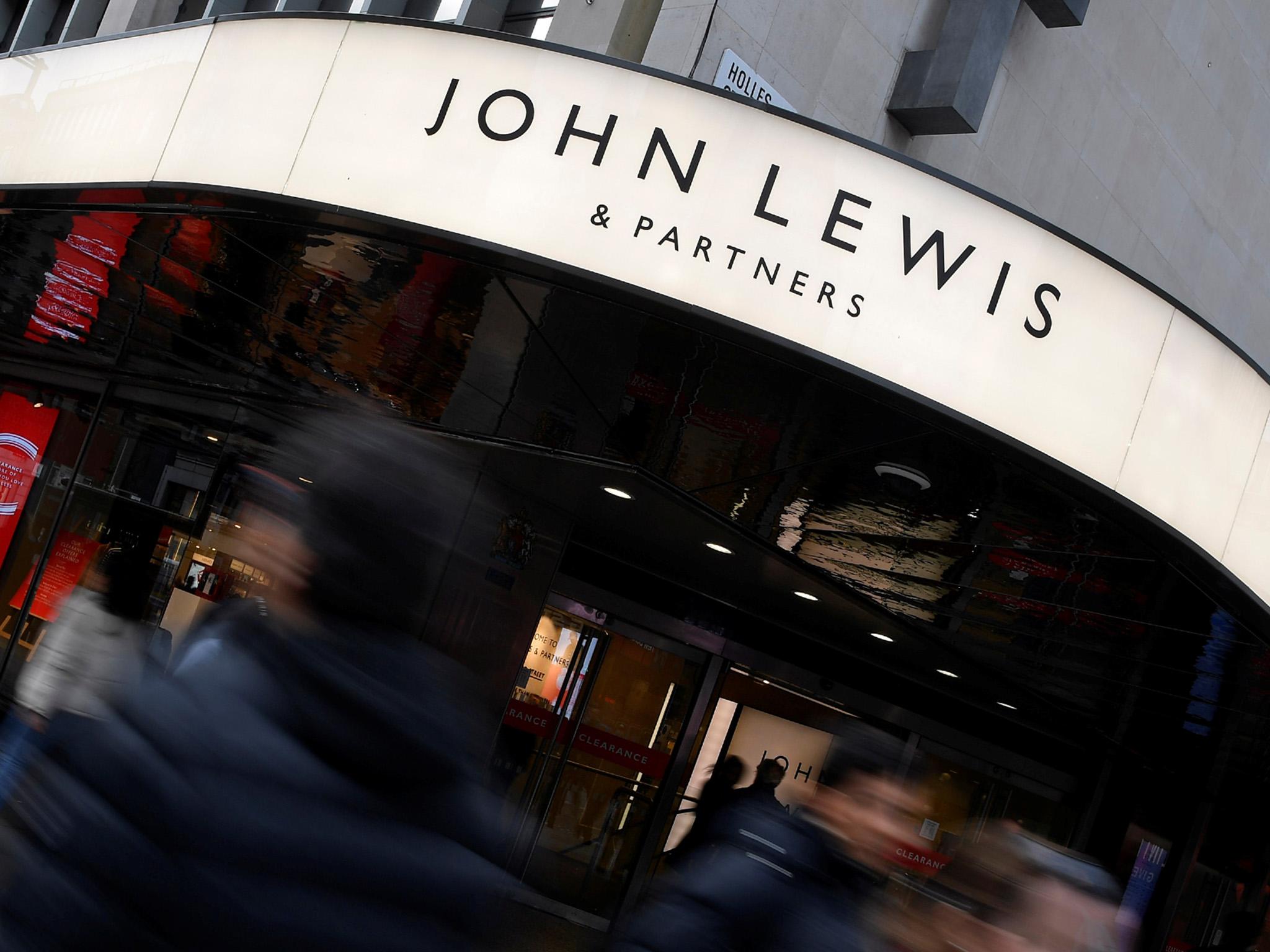Has the time come to start worrying about John Lewis?
The chain has posted the third consecutive decline in profits and cut staff bonuses to their lowest since the early 1950s, writes James Moore


Our partners are the magic ingredient,” John Lewis says in its pitch to potential joiners. Their numbers look set to be limited for the foreseeable future while, after the lowest staff bonus since 1953, some of those on board must be wondering if Voldemort has found his way into the top echelon.
The retailer’s lower-paid staff are better off than some in its beleaguered industry. But they’re hardly rolling in it. The bonus many budgeted for and relied upon only coming in at of just 2 per cent salary – at that level it’s just a token payment – will come as a gut punch.
The really hard bit? With the coronavirus and Brexit wreaking havoc with the economy and a strategic review in progress, it might get worse before it gets better.
The department store turned a profit of £123m in its 2019-20 year, and that has to be counted as an achievement during a period that saw yet more high street names going to the wall.
But the number was 23 per cent lower than the previous year and it was the third consecutive one in which a decline was recorded. It was also at the low end of expectations, not something you expect to see from this business and thus a worrying sign.
The partnership is made up of two brands: Waitrose, the grocer beloved by the middle classes, and the John Lewis department store chain. It’s the latter in which the rot was at its most acute. Operating profits took a 65 per cent tumble to £40m.
The managements of the two have been merged, ostensibly to cut costs, but the move has raised eyebrows among some because they quite different businesses.
In the process some big names have gone, including Waitrose boss Rob Collins, who departed last year, and Paula Nickolds, the managing director of John Lewis, who went in January.
Those who remain have to prove they have the props to steer John Lewis into safe harbour, notably Sharon White, who recently joined as chair having been boss of Ofcom, the communications regulator.
There are few tougher jobs. This may be one of them.
The partnership’s results aren’t like those of other businesses. They are addressed to staff, who own the business, rather than shareholders.
The tone tells you all you need to know.
There are the usual platitudes about “passion and commitment” but it’s clear that it won’t just be at the top that the axe is swinging. Store closures are on the cards, and job losses are likely. White has talked about “right-sizing” the bricks-and-mortar estate as part of the strategic review to make the business fit to cope with an extremely challenging retail climate it has been handling better than most despite its woes.
The leaders of shareholder-owned companies who retreat into buzz words like that don’t tend to fool their investors. I doubt the tactic will prove any more successful with staff.
During previous disappointing results announcements, the partnership has referenced the fact that it’s been in business through both rough and smooth periods for more than 150 years and made it clear that it plans to be with us for another 150 years.
Despite its difficulties, John Lewis has always looked like a survivor amidst the current carnage by dint of its brand, the sensible way in which it’s always been run, the flexibility it has through not having to put profit above everything.
Now? It could just be me but there’s just a hint of doubt starting to creep in.
Join our commenting forum
Join thought-provoking conversations, follow other Independent readers and see their replies
Comments